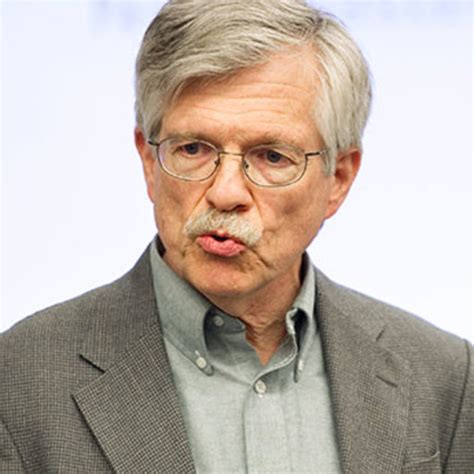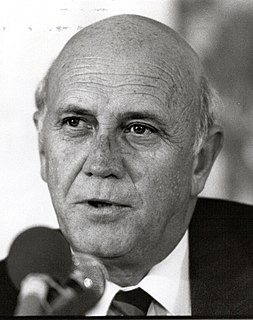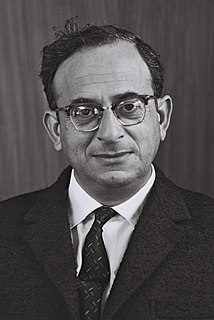A Quote by Michael T. Flynn
The Arab nations must be on our side. And if we catch them financing, if they funnel money to IS, that's when sanctions and other actions have to kick in.
Related Quotes
Part of the problem with extreme patriotism is that it makes the support of one's country and its policies unconditional. Moderate patriots, on the other hand, see that taking morality seriously requires that our commitment to our country be conditional in two ways. First, the actions or policies of a government must be worthy of support or, at least, must not be serious violations of morality. When nations behave immorally, patriots need not support them.
Saudi Arabia is the most fragile of all Arab states, though we're not saying so. And, unfortunately, bin Laden puts his finger on the other longstanding injustices in the Arab world: the continued occupation of Palestinian land by the Israelis; the enormous, constant Arab anger with the tens of thousands of Iraqi children who are dying under sanctions; the feelings of humiliation of millions of Arabs living under petty dictators, almost all of whom are propped up by the West.
Traditionally Marxism attracts the oppressed. This, however, is not the case in the Arab nation... The socialist programs in Arab history did not always come from the poor, but from men who had known no oppression and became the leaders of the poor. The Arab nation has never been as class-conscious as other nations.
So, I think that for the authorities to say now that calling for sanctions will prevent dialogue is a ploy to stop us from supporting sanctions. It has to be the other way around: dialogue first, then we stop our call for sanctions, because sanctions make people understand that you cannot exercise repression and at the same time expect international support.
Within our own society, we jail more prisoners than any other country in the world, 85 percent of them people of nonwhite races — red, black, brown, and yellow. We are one of the few nations that still indulge in the death penalty for increasing numbers of these prisoners. We must become mindful of these negative things, since we need not support these actions of our nation to be affected negatively by their evolutionary impact, unless we mentally, verbally, and ultimately physically, disassociate ourselves from them.
Toward all other nations, large and small, our attitude must be one of cordial and sincere friendship. We must show not only in our words, but in our deeds, that we are earnestly desirous of securing their good will by acting toward them in a spirit of just and generous recognition of all their rights.
Unfortunately, Osama bin Laden puts his finger on the other longstanding injustices in the Arab world: the conying so. And, tinued occupation of Palestinian land by the Israelis; the enormous, constant Arab anger with the tens of thousands of Iraqi children who are dying under sanctions; the feelings of humiliation of millions of Arabs living under petty dictators, almost all of whom are propped up by the West.
Sanctions kept us on our toes, it made us realize that we were drifting into a situation of growing isolation so I wouldn't go as far as to say sanctions didn't play a role but if I were to put on a scale, the issues of conscience played a much greater role than the sanctions. We could have withstood sanctions for many more years. We became experts in circumventing sanctions... So sanctions played a role but it wasn't the major role.




































